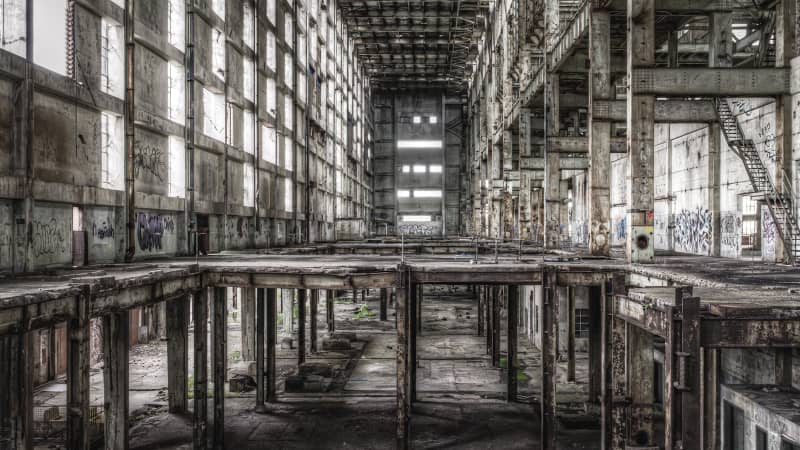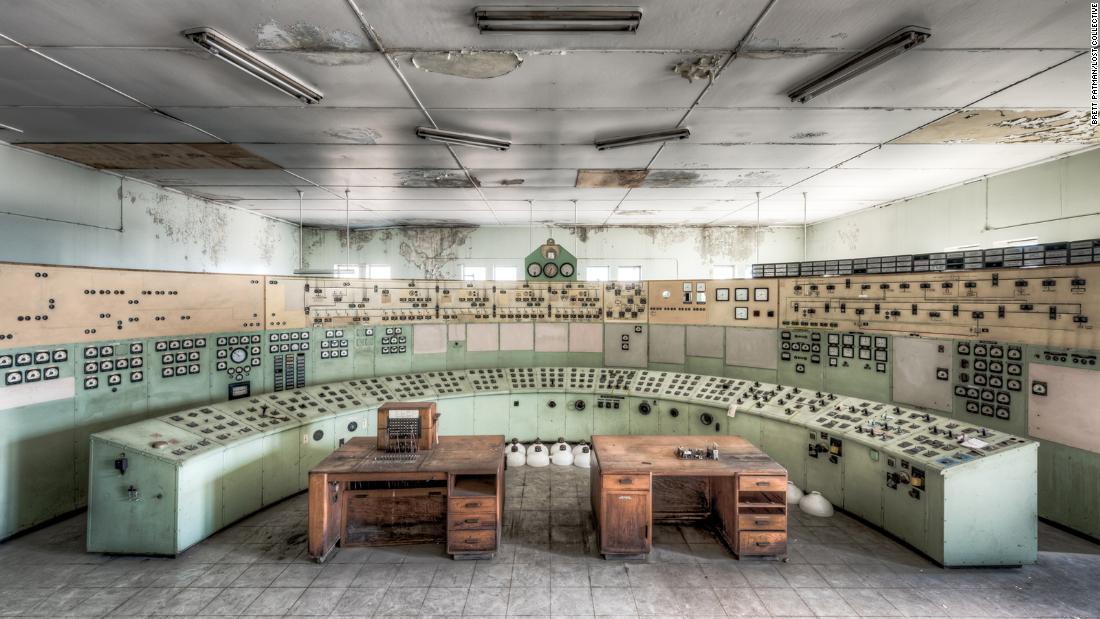(CNN) — Brett Patman never set out to be a photographer.
He began his working career as a tradesman, working inside some of Australia’s factories, power stations and other industrial sites. But photography had always been his side passion.
“I bought my camera in 2011 and I didn’t know what to do,” Patman explains. “I was just starting out like taking photos of the skyline and the city and just standard postcard photos that everyone’s seen a million times. I was just racking my brain a bit to think, ‘What would be a bit more interesting than this?'”
It turned out the answer was hiding in plain sight.
Patman began documenting some of his visits to industrial sites. But it was an out-of-use site that most piqued his interest — the abandoned Bradmill Denim factory in Yarraville, a suburb of Melbourne.
He walked through an open section of the fence and began snapping pictures. What he didn’t know at the time was that he had just set his life on a new course.
Since 2011, Patman has been traveling to abandoned places all over Australia to take photos — not just factories, but hotels, wool sheds, a former homeless camp and more. Now, it’s his full time career.
Trips down Memory Lane
After Patman posted his pictures from the shuttered Wangi Power Station in New South Wales, the dribble of comments turned into a flood.
“There was this influx of workers and families and families of the workers and brothers and moms and dads and everyone was just chiming in and saying, ‘Oh, look. I used to work in that room. I used to work in that workshop. Do you remember Bob who ran the store? God, he was hard to deal with,'” Patman says.

A boiler from Wangi Power Station, which was decommissioned in 1986.
Brett Patman/Lost Collective
But not every place had positive memories attached.
One of the most controversial shoots Patman has done was of Callan Park Hospital for the Insane, a former mental institution in the Sydney area. A government commission into the hospital found a widespread culture of abuse had existed there.
At one event where Patman was presenting some of his photographs, a woman in the audience spoke up, saying that her brother had been physically abused there and it wasn’t appropriate to take artistic pictures of a place where so many bad things had happened.
Patman acknowledges how many awful things took place at Callan Park, but believes it’s important to document the bad as much as the good.
“I think recording history is important,” he says. “If it encourages people who had a part of that history to come out and say something, then that, to me, is worth it.”
